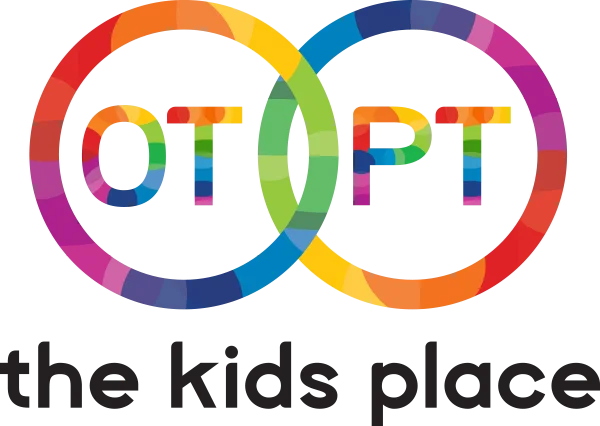Handwriting is a complex activity and requires many systems to work closely together. For some children, handwriting might be more challenging and take longer to become automatic. Many underpinning skills are required to support the development of efficient handwriting and the Occupational Therapist will investigate all the underpinning skills by using clinical observations and formal assessments.
If your child has coordination difficulties, dysgraphia or has been diagnosed with Developmental Coordination Disorder ( used to be known as Dyspraxia ) we have individualised ways of supporting these children to gain skills in handwriting. We also help many children develop their handwriting skills who have no diagnosis.
Please note, just having bad handwriting doesn’t mean a child has dysgraphia. Dysgraphia is a processing disorder and difficulties can be layered. Since writing is a developmental process the difficulties can also overlap. Children have to learn the motor skills needed to write, while learning the thinking skills needed to communicate on paper. This can lead to problems with spelling, writing and putting ideas on paper. People with dysgraphia can have trouble organising letters, numbers and words on a line or page. This can result partly from:
• Visual-spatial difficulties: trouble processing what the eye sees
• Language processing difficulties: trouble processing/making sense of what the ear hears
Fostering a team approach with family / whanau and school, for all children with handwriting difficulties is the platform for success in supporting these children to reach their potential.
We are fortunate to have both Occupational Therapists and Physiotherapists working together as a team for your child so if your child needs support to further develop some of the foundational gross motor building blocks required for handwriting, our therapists will work as a team to support your child.
At The Kids Place:
- We use an initial age appropriate handwriting screen and clinically observe a child’s pencil grip, letter formations, posture, eye movement skills and hand function to name a few.
- The child’s Occupational Therapist will explore the underpinning skills required for handwriting using purposeful activities and screening tools.
- We use formal assessments to give us a more detailed understanding of what may be preventing a child from enjoying writing tasks, including the Beery -Buktenica Developmental Test of Visual Perception and /or the DASH ( Detailed Assessment of the Speed of Handwriting ).
- An individualised therapy plan will be developed for a child’s block of handwriting sessions . Information and goals will be shared with the child’s family / whanau and teacher so support can be offered in all environments. Like with other motor tasks grading and repetition is the most effective way for a child to master new handwriting skills.
- We have a range of handwriting programs and will tailor these to match with school as much as needed.
